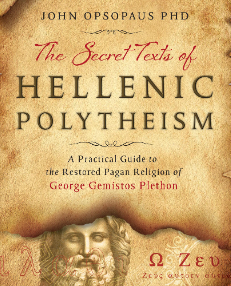No philosophical writings have survived from Hypatia (died, 415 CE), the most famous woman philosopher of the ancient world, but that does not imply that we cannot reconstruct in considerable detail what she likely taught. Socrates Scholasticus tells us that she taught the philosophy of Plato and Plotinus, that is, the philosophy we now call Neoplatonism or Late Platonism. Moreover, later philosophers do not report that she made any radical innovations in this philosophical tradition, and so it is likely she taught the “textbook Neoplatonism” of her time. Indeed, as professors still do to this day, she might have based her lectures on the textbooks available in her time. That is the basis for this reconstruction. Book I on the philosophy of Plato is based on Alcinous’ second-century Didaskalikos or Textbook of Platonism, Book II on the philosophy of Plotinus is based on Porphyry’s third-century Sententiae or Starting-points in the Study of the Intelligibles, and Book III on the philosophy of Iamblichus is based on Sallustius’ fourth-century On the Gods and the Cosmos. Together they provide a plausible reconstruction of a fourth-century philosophy course in the Platonic tradition. As such, it provides a reasonably concrete idea of what Hypatia taught, at least in her introductory philosophy classes. It still provides a good introduction to the Pagan Neoplatonism of the fourth century. Available in paperback, hard cover, and kindle, and as an Audible audiobook (with a synthetic voice).
Bruce J. MacLennan, PhD, is an Associate Professor Emeritus at the University of Tennessee, Knoxville. He now investigates Neoplatonic spiritual practices, especially from the perspective of evolutionary Jungian psychology. He is the author of The Wisdom of Hypatia: Ancient Spiritual Practices for a More Meaningful Life (Llewellyn, 2013) and several dozen academic papers in this area. WisdomOfHypatia.com


